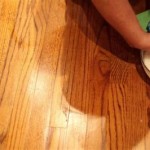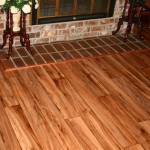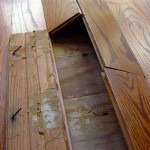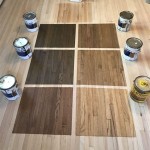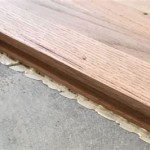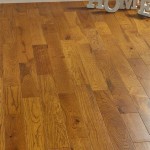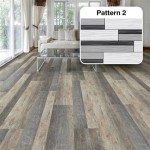Pros and Cons of Vinyl Wood Plank Flooring
Vinyl wood plank flooring has become increasingly popular in recent years due to its affordability, ease of installation, and realistic wood-like appearance. However, like any flooring option, vinyl wood plank flooring has its advantages and disadvantages. Here is a comprehensive overview of the pros and cons to help you make an informed decision.
Pros of Vinyl Wood Plank Flooring
- Affordability: Vinyl wood plank flooring is a relatively affordable option compared to other flooring materials, such as hardwood or tile. Its cost-effectiveness makes it an attractive choice for budget-conscious homeowners.
- Easy Installation: Vinyl wood plank flooring is designed for quick and easy installation. Many products feature a click-lock system that allows planks to be snapped together without the need for nails or glue. This can significantly reduce installation time and cost.
- Durability: Vinyl wood plank flooring is highly durable and can withstand everyday wear and tear. It is resistant to scratches, dents, and moisture, making it suitable for high-traffic areas and homes with pets or children.
- Water Resistance: Unlike natural wood flooring, vinyl wood plank flooring is 100% waterproof. This makes it an excellent choice for moisture-prone areas, such as kitchens, bathrooms, and mudrooms. It can also be installed in basements and other areas that may experience moisture exposure.
- Variety of Styles: Vinyl wood plank flooring comes in a wide range of styles and colors to match any décor. From classic oak and maple to rustic hickory and distressed finishes, there is a style to suit every taste and preference.
- Comfortable and Warm: Vinyl wood plank flooring is comfortable underfoot and provides a warmer feel than tile or laminate flooring. Its insulation properties can help reduce sound and noise throughout the home.
- Easy Maintenance: Vinyl wood plank flooring is easy to maintain. Regular sweeping or vacuuming is sufficient to keep it clean. Spills and stains can be easily wiped up with a damp cloth.
Cons of Vinyl Wood Plank Flooring
- Potential for Fading: While vinyl wood plank flooring is generally fade-resistant, prolonged exposure to direct sunlight can cause fading over time. This is especially true for darker colors.
- Susceptibility to Indentations: Vinyl wood plank flooring can be susceptible to indentations from heavy furniture or sharp objects. However, this can be mitigated by using furniture pads or rugs to protect the floor.
- Potential for Scratches: While vinyl wood plank flooring is scratch-resistant, it is not scratch-proof. Moving heavy furniture or walking in high heels can cause scratches, especially on lower-quality products.
- Off-Gassing: Some vinyl wood plank flooring can emit volatile organic compounds (VOCs) during installation or in warm temperatures. However, choosing products that meet low VOC emission standards can minimize this issue.
- Limited Lifespan: Compared to hardwood flooring, vinyl wood plank flooring has a shorter lifespan. It typically lasts for 15-25 years, depending on the quality and care it receives.
- Difficult to Repair: Vinyl wood plank flooring is difficult to repair if damaged. While minor scratches or dents can be touched up, major damage may require professional repair or replacement.
Pros And Cons Of Luxury Vinyl Flooring In Basements

The Pros And Cons Of Vinyl Plank Flooring Ohio S Best Home Improvement Roofing Bathroom Remodel Experts

8 Benefits Of Vinyl Flooring Fabricio Hardwood Floors

Vinyl Vs Laminate Flooring Pros Cons And Differences Forbes Home

The Pros And Cons Of Vinyl Plank Flooring Lx Hausys

10 Vinyl Plank Flooring Pros And Cons Inc

Vinyl Flooring The Pros And Cons

Vinyl Plank Flooring Vs Hardwood Svb Wood Floors

Laminate Vs Hardwood Flooring Major Differences Forbes Home

Lvp Flooring Pros And Cons In Manchester Nh Minuteman Floors
